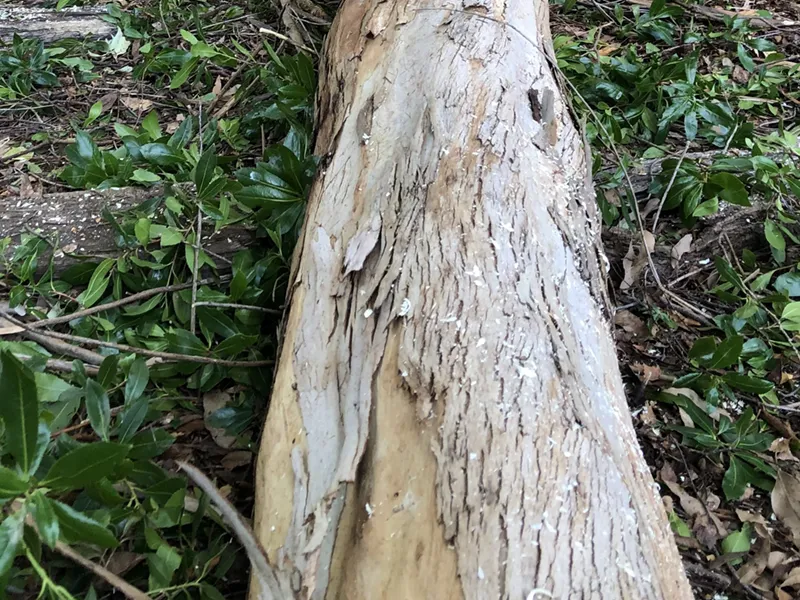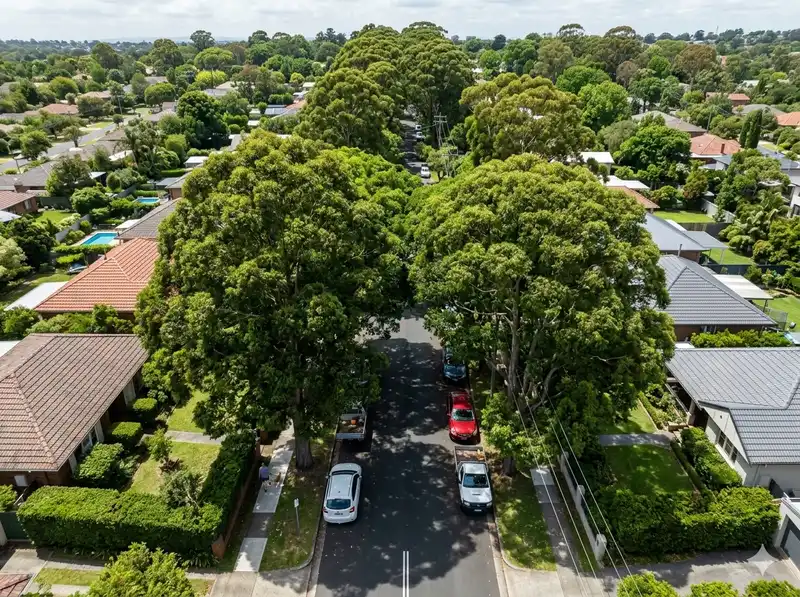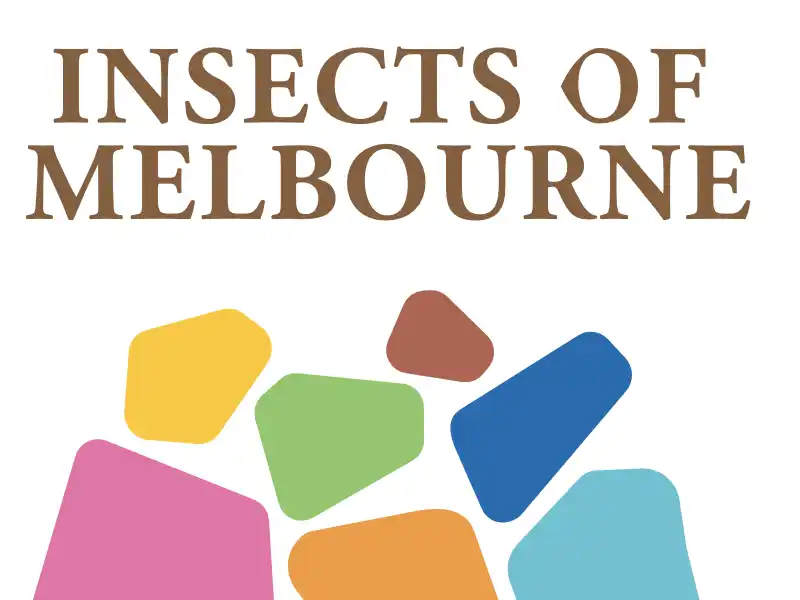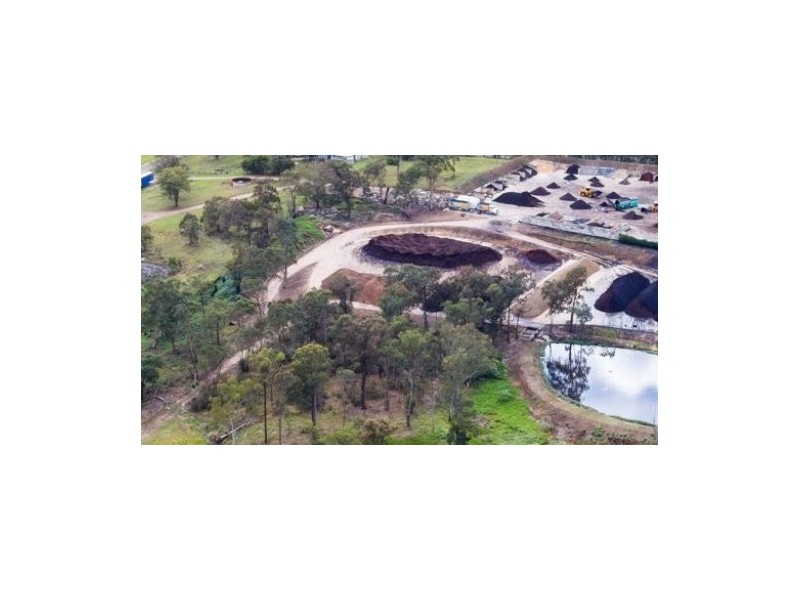Now there are even more reasons to plant and conserve trees thanks to the findings of an international research report.
An international team of researchers led by the University of Birmingham has shown for the first time that microbes living in the bark of trees, or in the tree’s timber itself, are removing atmospheric methane on a scale equal to or above that of soil. The report was published in the journal Nature in July.
The researchers calculate this makes trees 10 per cent more beneficial for climate overall than previously thought.
Methane is thought responsible for around 30 per cent of global warming since pre-industrial times. Soil had been thought of as the only terrestrial sink for methane, but this new research shows trees may be as important, perhaps more so.
In the study, the researchers took measurements from tropical forests in the Amazon and Panama, temperate broadleaf trees in Oxfordshire, UK, and coniferous forests in Sweden.
The methane absorption was strongest in the tropical forests, probably because microbes thrive in the warm wet conditions found there.
On average the newly discovered methane absorption adds around 10 per cent to the climate benefit that temperate and tropical trees provide.
By studying methane exchange between the atmosphere and the tree bark at multiple heights, the scientists were also able to show that while at soil level the trees
were likely to emit a small amount of methane, from a couple of metres up the direction of exchange switches and methane from the atmosphere is consumed.





